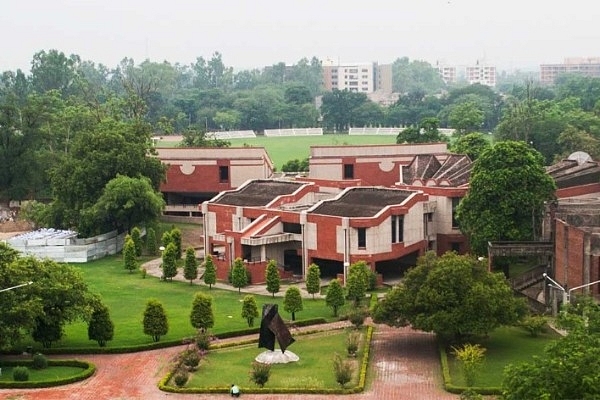
No Vacancy: 858 Unfilled Seats In IITs Allotted After HRD Ministry Intervenes
Spread across 23 IITs, 858 seats, which otherwise would have been left vacant, were filled this year. This was in response to the extended merit list that was released this year, reported The Indian Express, which received this information as part of an RTI (Right To Information) query.
This move represents a change in the admission process of these elite engineering institutes. For the first time ever, the aggregate cut-off score was diluted by 10 percentage points, after declaring the results. IIT-Kanpur, which is the organising institute for JEE-Advanced this year, took this decision after the NDA government issued directions to release a supplementary list since there weren’t enough candidates in the first list to fill in all the available 11,279 seats.
“Responding to requests from students and the IIT community to proactively ensure that all reservation seats are duly filled, I have directed @IIT Kanpur conducting JEE Advanced to make available to candidates, strictly as per merit, twice the number of seats in each category,” Prakash Javadekar, the HRD minister, had tweeted on 14 June 2018.
Also, this directive helped IITs ensure a greater influx of students from marginalised sections of society. A Joint Admission Board member commented, “The court permits us to convert unfilled OBC seats to general category. If the IITs were to admit students only through the first list, then the 658 OBC seats, which were otherwise taken up by OBC candidates in the extended list, would have been converted to general. ”